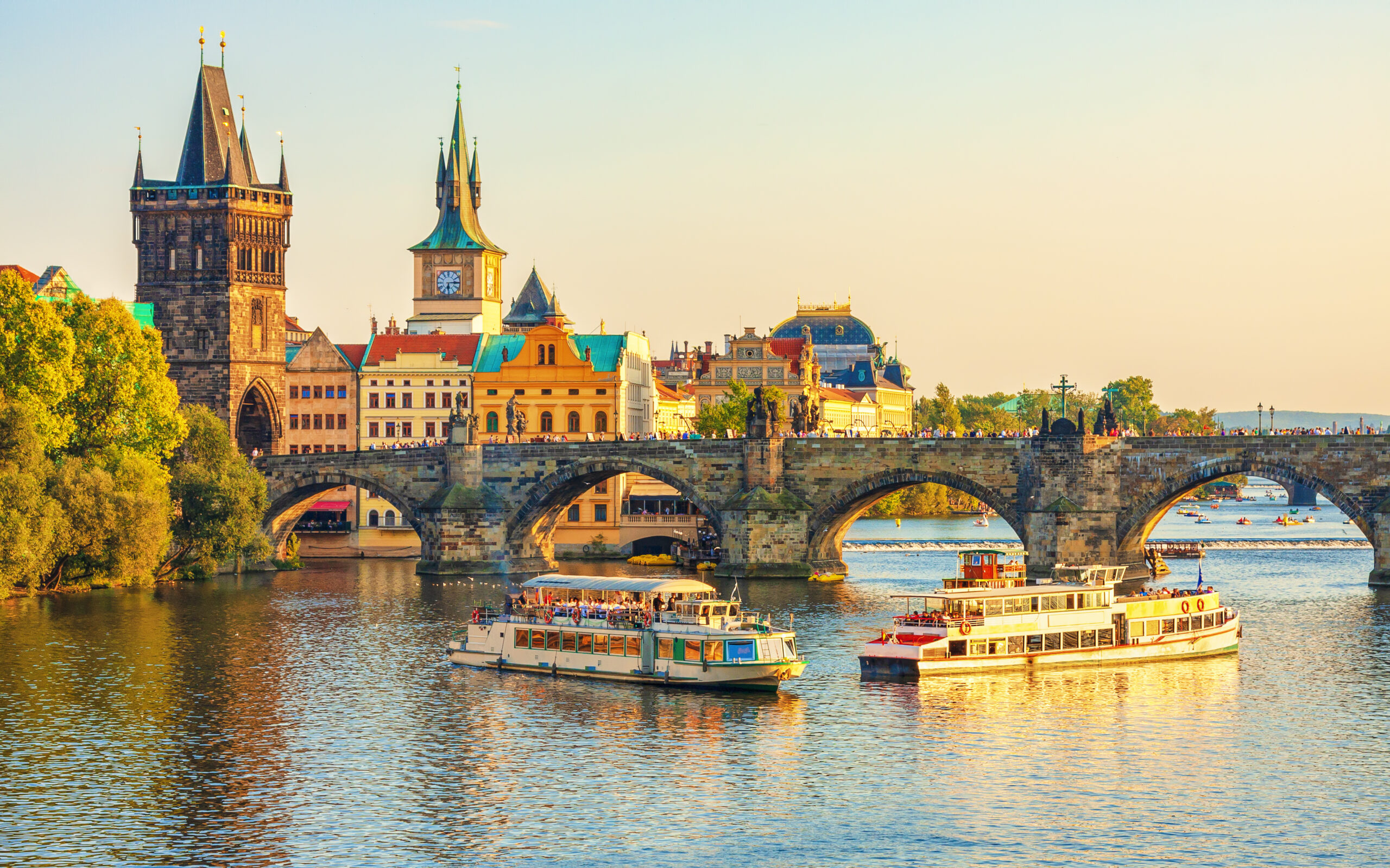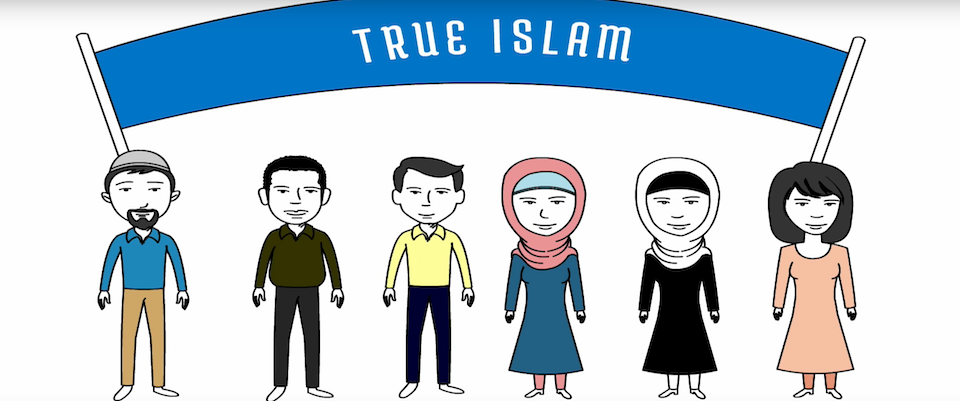You hear the plaint often enough from Americans of a certain political persuasion: Muslims aren’t doing enough to condemn extremists in their ranks. Even if they don’t advocate violence, the rationale goes, they encourage it by refusing to confront those who do.
Of course, advising other people to “confront” violent extremists is all well and good, if you’re not the one doing the confronting. Violent extremists, of course, tend to be violent. Average people of any faith, or no faith, are understandably disinclined to go around confronting zealots, especially those in their own communities. It’s not that they’re apologists, or covert supporters, or cowards. They’re simply interested in survival: The bad guys are likely to know where they live.
Further, such very real dangers notwithstanding, there are folks in the Muslim community who are more than willing to confront extremism—including at Cal. Case in point: The Ahmadiyya Muslim Students Association is sponsoring a presentation on campus on Wednesday (April 6) called “True Islam and the Extremists: It’s Time to Take a Stand.” The billed guest speaker is Muhammed Chaudry, CEO of the Silicon Valley Education Foundation.
“Our goal is to both unify Muslim Americans on the tenets that the Prophet Muhammad actually taught, and help all Americans distinguish between true Islam and extremism,” says Khalida Jamilah, a UC Berkeley undergraduate majoring in peace and conflict studies, and president of the Ahmadiyya Muslim Students Association. Most mainline Sunnis and Shiites reject the Ahmadis as not Muslim because of the Ahmadis’ unique belief that the Messiah was manifested in a prophet from India who died in 1908.
Jamilah is not shy about denouncing violence carried out in the name of Islam. In a recent op-ed for the Berkeley Daily Planet decrying the recent carnage in Brussels, she wrote: “I condemn these barbaric attacks on innocent civilians, and my heartfelt condolences go out to those afflicted by this tragedy. We stand with the people of Belgium and pray for their recovery and for justice. Terrorism is never justified and all those who perpetrate these atrocities ignore basic principles of Islam. The Quran categorically condemns terrorism when it states, “Whosoever kills an innocent…it is as if he killed all mankind.”
The True Islam campaign promotes eleven points, says Jamilah: A rejection of all forms of terrorism; the promotion of “non-violent Jihad,” in other words “a bloodless intellectual Jihad of the pen”; equality of women; freedom of conscience, religion and speech; separation of mosque and state; loyalty to country of residence; support of the universal declaration of human rights; an acceptance of all verses of the Quran, meaning that verses advocating peace are not trumped by verses that seem to support violent resistance; a recognition that no single religion has a monopoly on salvation; the necessity for a unified Muslim leadership; and the rejection of the concept of a “bloody Messiah”—any prophet that advocates violence.
The Ahmadis believe that Mirza Ghulam Ahmad, the prophet from Punjab, was sent by Allah to quell religious wars and usher in an era of peace and moral rectitude. Ahmadi teachings are syncretic to a large degree, recognizing the divinity of not just Muhammad, but major prophets and preeminent philosophers that include Moses, Jesus, Buddha, Krishna, Confucius and Lao Tzu. The teachings of all these men, the Ahmadis say, conjoin to form the True Islam.
That doctrine has met with overt hostility in many Muslim nations. Ahmadis are persecuted in much of the Middle East, Indonesia and Pakistan. In Saudi Arabia, Ahmadis are forbidden from entering Mecca because they are viewed as non-Muslims by the state.
But Jamilah remains serene about both the Ahmadi message and the future of the community. Most Muslims, she says, tacitly or openly support the core Ahmadi message: Extremism cannot be condoned, and peaceful co-existence among all people is a necessity on this small and crowded planet. And despite the repression the Ahmadis have endured, she says, the community is flourishing.
“There are 20 million Ahmadis worldwide, and we’re the fastest-growing Muslim group in America,” she says. “People are responding to our message.”
Still, the dilemmas confronting the Ahmadis and the larger Muslim community aren’t just about extremism. They’re also about its ugly concomitant: The reactionary backlash, the demagoguery, the nativist diatribes that demonize the whole for the murderous actions of the few. Jamilah warns that calls to “patrol” Muslim neighborhoods and shut down immigration from Muslim countries a la GOP presidential contenders Ted Cruz and Donald Trump are as dangerous as they are wrong-headed.
“It’s terrible,” she says, “especially when we’re talking about young Muslim-Americans. They’re not doing anything wrong, but they’re forced to feel like they’re criminals. They’re being denied an American identify, they’re made to think that they have no stake in this country. When young people feel like that, they’re vulnerable to exploitation from extremist players. We need to reach out to them, not exclude them.”



















